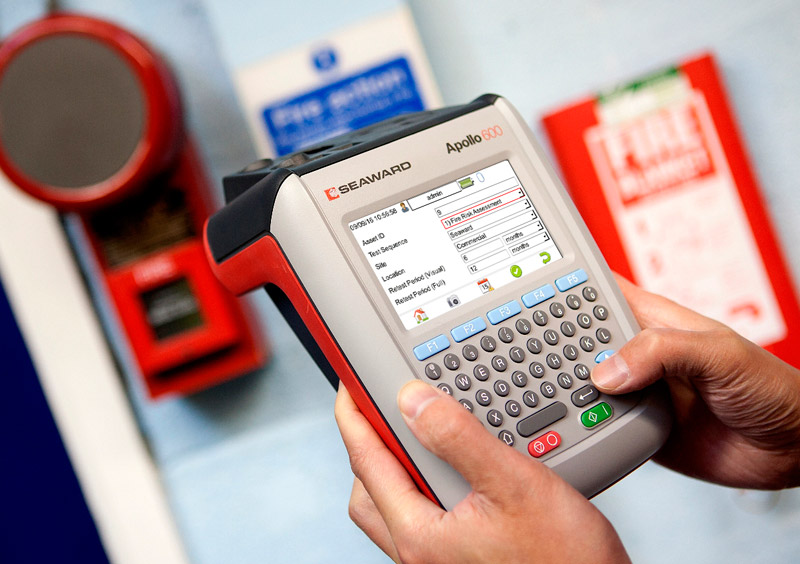
Are you looking to get on the property ladder but struggling to secure a mortgage? The experts at John Charcol explain how self-employed electricians can improve their chances.
The mortgage market for those who are self-employed or contractors has grown to the point where last year 120,000 new loans were taken out by those who are self-employed – an increase of 11% on 2015. In the same period loans for those who are employed grew by just 6%.
But isn’t it more difficult to get a mortgage when you’re self-employed?
In recent years lenders have become more cautious. Before the financial crash in 2008, self-employed workers could apply for a “self-cert” mortgage where no proof of income – such as tax returns, audited accounts or bank statements – were required. However, the system was abused and as a result fast-track and self-cert mortgages were banned. Since then it’s become harder (but not impossible) for those who are self-employed, freelancers or contractors to get a mortgage.
So what do you need to know?
As a self-employed electrician you’ll be applying for a normal mortgage, however you’ll have to provide significantly more paperwork to prove your income. As a minimum, you’ll need:
● Self Employed/Business Owner: As little as one year’s trading with one year’s accounts. You won’t necessarily need to have an accountant but if you don’t have one, it may restrict your mortgage options. If you do decide to employ an accountant, make sure they’re either a Chartered or Certified accountant. Generally, lenders will base their calculations on your most recent years’ net profit or an average over the period of two years.
● Contractor: A track record of past work with a likelihood of future work. If you’ve been contracting for less than a year then don’t panic!There are lenders in the market who offer a less restrictive approach, especially if you can prove a track record of regular work in the same industry or role. So, for example, if you’ve left full-time employment to work as a contractor, or you have evidence of future work, it will help to boost your application. If you already have a mortgage and you’re looking to remortgage, it’d be a good idea to start with your existing lender as they’re in the best position to know your history but if they’re unable to help, don’t worry, there will be other lenders that will consider your application.
● A healthy deposit: There’s no escaping the fact that your chances of getting a mortgage will increase significantly by having a large deposit. It’ll also help you secure a lower rate and could reduce your monthly repayments.
● A good credit history: A clean credit history will boost your chances of getting a mortgage. Be aware, however, that as a business owner, the lender will credit-check both you and your business so it’s important to make sure your credit history is in as good a shape as possible, so ensure any unpaid or late debts are settled.
Applying for a mortgage
Before applying for any mortgage it’s important to get advice from both your accountant and a mortgage broker. A mortgage broker is invaluable when applying for any mortgage, but especially when you’re self-employed. They’ll understand the lenders that are willing to lend to self-employed clients and, as importantly, they’ll be able to help you find the best deal.








